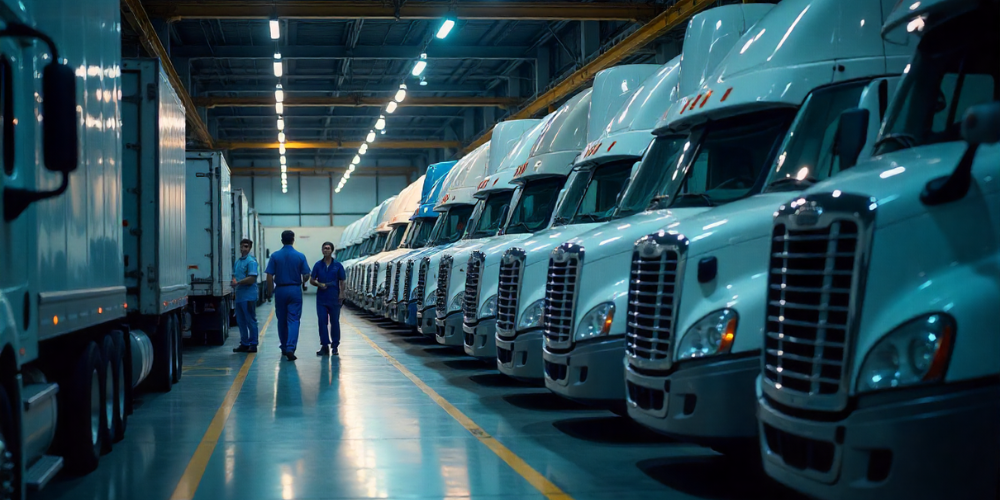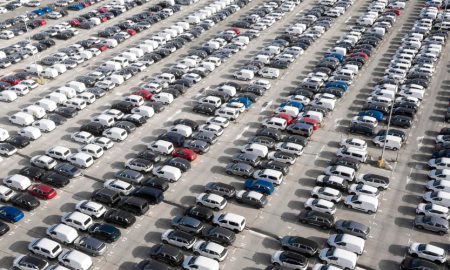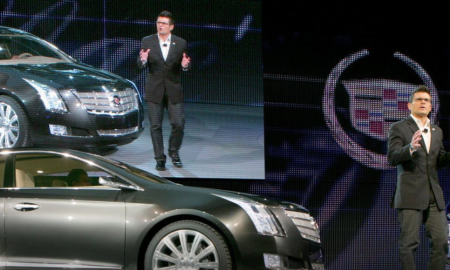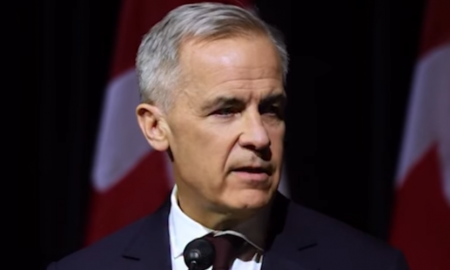
Why Truck Manufacturers Are Shifting from Diesel to Hydrogen

Hydrogen is emerging as a promising alternative for trucks, offering both high energy efficiency and longer driving ranges. Ashok Leyland, for instance, is targeting a commercial rollout of hydrogen-powered trucks by 2027.
The interest in hydrogen among commercial vehicle makers is driven by its potential to reduce emissions while maintaining the performance and range that truck operators demand.
How Hydrogen Powers Trucks
Hydrogen serves as a clean and highly combustible fuel. Trucks using hydrogen rely on fuel cells, which convert hydrogen atoms into electricity, producing only water as a byproduct. These vehicles, known as fuel cell electric vehicles (FCEVs), channel this electricity to electric motors, creating a zero-emission driving experience.

Freepik | Hydrogen-powered trucks, or FCEVs, produce electricity from fuel cells and emit only water.
Unlike traditional diesel or petrol engines, hydrogen-powered trucks do not emit harmful tailpipe gases. This efficiency and environmental benefit make hydrogen a strong contender in the commercial vehicle space. India’s commitment to achieving net-zero emissions by 2070 further underscores the relevance of hydrogen as an alternative fuel for trucks.
Hydrogen vs. Battery Electric Vehicles
Battery electric vehicles (EVs) and hydrogen-powered trucks both offer clean alternatives to fossil fuels, yet each comes with trade-offs:
1. Cost per kilometer
EVs are currently cheaper to operate, costing between ₹0.8 to ₹1.2 per km. Hydrogen fuel is projected to cost around ₹4 per km in India, though commercial availability remains limited.
2. Range and refueling
While EVs typically provide 400–500 km per charge, hydrogen trucks, such as the Toyota Mirai, can travel up to 650 km without refueling.
3. Efficiency and load capacity
Hydrogen’s high energy density allows for heavier payloads and faster refueling times compared to battery EVs, making it suitable for long-haul trucking.
These factors make hydrogen particularly attractive for commercial vehicles, where distance, load, and downtime for refueling are key considerations.
Global Hydrogen Adoption
Hydrogen adoption is growing worldwide. Japan, starting with a small pilot in 2017, aims for 800,000 FCEVs and 900 hydrogen refueling stations by 2030. In the U.S., California hosts the majority of hydrogen stations, limiting widespread adoption.
Europe has seen mixed progress. Germany reduced its hydrogen stations from 112 to 90, while France is expanding, adding 91 new stations to its existing 80. China leads globally with 540 stations, surpassing its 2025 target. However, global FCEV sales dropped 38% in 2024, totaling 12,866 vehicles compared to 20,704 in 2023, indicating challenges in scaling hydrogen infrastructure.
Why Truck Manufacturers Are Interested
Passenger vehicle makers such as Toyota, Honda, Hyundai, and BMW have experimented with FCEVs. Some, like Mercedes-Benz, paused development altogether. Yet in the commercial vehicle segment, hydrogen adoption is progressing at a faster pace.

Instagram | odmag | Tata Motors and Ashok Leyland are pioneering hydrogen trucks to meet India’s road transport demands.
Global players including Daimler, Volvo, and Hyundai, along with Indian companies like Tata Motors and Ashok Leyland, are testing and deploying hydrogen trucks. For India, the shift holds extra importance since more than 85% of goods move by road. Hydrogen’s efficiency over long distances aligns well with freight transport needs, where downtime and refueling delays can impact operations.
Government Support and Incentives
India’s government has taken steps to encourage hydrogen adoption. Hydrogen vehicles now fall under a reduced GST rate of 5%, aligning them with electric vehicles. The National Green Hydrogen Mission, launched in 2023 with a nearly ₹20,000-crore budget, targets 5 million tonnes of annual production by 2030. The mission promotes domestic manufacturing, job creation, and decarbonization across sectors.
The Ministry of New and Renewable Energy (MNRE) has sanctioned pilot projects for hydrogen vehicles and refueling stations, including 37 buses and trucks and nine hydrogen fueling points, demonstrating a structured push to integrate hydrogen into commercial transport.
A Path Forward
Hydrogen presents a compelling solution for the trucking industry, balancing environmental benefits with operational performance. With advancements in fuel cell technology, government support, and ongoing trials by manufacturers, hydrogen trucks are poised to redefine long-haul logistics.
As infrastructure develops and costs gradually decrease, hydrogen could become a mainstream choice for trucks, supporting India’s net-zero ambitions while enhancing efficiency and range.
More inAuto News
-
`
How the New EBT Auto Insurance Discount Guide Helps Low-Income Drivers Save Money
With grocery prices, gas, and utility bills climbing, many families are struggling to make their paychecks last. For those already watching...
October 9, 2025 -
`
Ohio Driver’s License Laws Are Changing for Young Adults in 2025
Getting a driver’s license is a milestone, but for young adults in Ohio, the process is about to become more structured....
September 25, 2025 -
`
Why 1 in 4 Americans Trust RFK Jr. for Medical Advice
A recent poll reveals that a significant portion of Americans remain cautious about trusting Health Secretary Robert F. Kennedy Jr.’s medical...
September 19, 2025 -
`
Why Tariffs Could Make Car Insurance Rates Worse
Car insurance costs in the U.S. are climbing, and new tariffs could make the problem worse. Shoppers are already feeling the...
September 11, 2025 -
`
The Automotive Reckoning Has Arrived – Are Companies Ready?
In early 2022, Stellantis CEO Carlos Tavares stood on stage in Amsterdam with a confident blueprint for the future. Fresh off...
September 5, 2025 -
`
Self-Driving Cars Will “Drastically” Change Automotive Design, GM Says
The automotive industry is entering a new chapter that goes far beyond electrification. While EVs dominate today’s headlines, the rise of...
August 29, 2025 -
`
Child Wearing Swimsuit Outside Sparks CPS Visit — The Full Story!
Children playing outside is a familiar and often joyful sight. Yet, sometimes, an innocent choice—like a child wearing a swimsuit outdoors—can...
August 22, 2025 -
`
Florida Auto Insurance Rates Finally Drop. But for How Long?
After years of rising premiums, Florida drivers are finally seeing lower auto insurance rates on the horizon. For 2025, the state’s...
August 15, 2025 -
`
U.S. Reduces Tariffs on Japanese Cars to 15% Under Trump’s Deal
In a move reshaping U.S.-Japan trade relations, former President Donald Trump confirmed a new agreement that slashes tariffs on Japanese car...
August 9, 2025















You must be logged in to post a comment Login